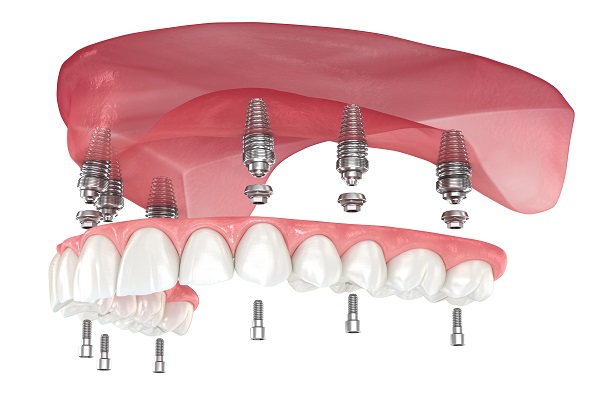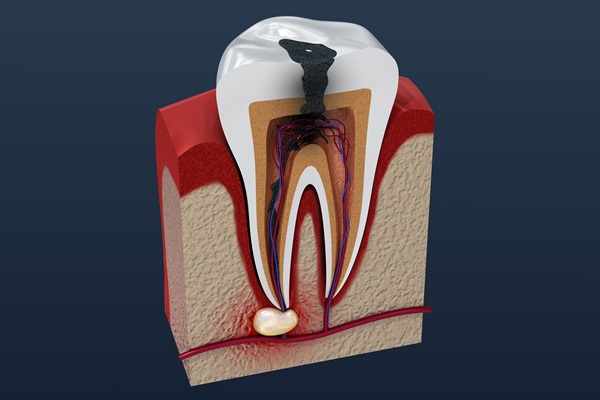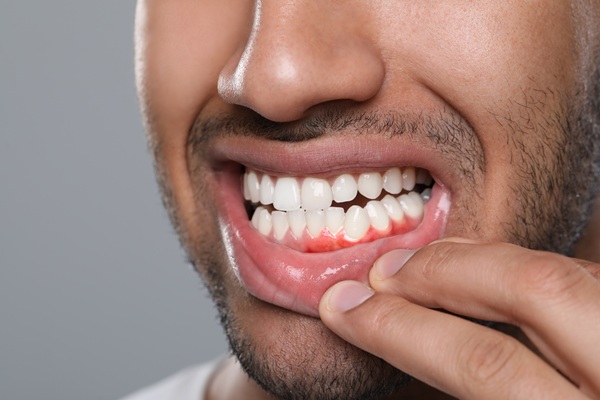Common Questions About Implant Supported Dentures

When it comes to replacing a full dental arch with implant supported dentures, patients often have many questions about the process. This article answers some commonly asked questions about implant dentures.
What are implant supported dentures and how are they different?
The structure of implant supported dentures is exactly as the name sounds; a full denture supported by dental implants. The implants are titanium posts placed inside the jawbone to anchor the dentures, thus keeping them stable for dental functions like talking and chewing. This method uses four to six implants placed along the upper or lower jaw. This contrasts with regular dentures, which rely on adhesives and gum suction.
With implant dentures, patients will not have to deal with the discomfort or irritation caused by unstable regular dentures. They can enjoy their regular meals and speak or laugh confidently without worrying about their denture slipping or falling out.
Can I get implant dentures if I already have regular ones?
Even those who have been using regular dentures for several years can still opt for implant supported dentures. They are often the ones who appreciate the remarkable benefits of having a stable dental restoration. In some cases, the dentist can use the existing dentures as a fixed temporary option as the patient recover from implant placement. However, if the patient has been missing their natural teeth for too long, they may have experienced bone loss, meaning a bone graft procedure will be required to place the implants successfully.
What if there are still some natural teeth present?
The people who are qualified to get implant-supported dentures are missing a significant portion of their natural teeth, probably due to multiple dental cavities, untreated gum disease or accidents. The bottom line is that they must have reached a stage where starting afresh with a new dental restoration is advisable. However, if there are still many healthy, natural teeth left on the jaw, the dentist will recommend other alternatives to restore dental function, such as implant-supported bridges, crowns or partial dentures. The goal is always to save natural teeth when possible.
What is healing with implant supported dentures like?
After the insertion of dental implant posts inside the jaw, patients will go through a stage called osseointegration – during which the bone fuses with the implants to ensure the success of the dental restoration process. The implant mimics the function of natural tooth roots. After three to six months, the patient will be ready to get permanent dentures affixed to the implants if everything goes well.
How long do implant dentures last?
Regular dentures can withstand between five to seven years of use before needing repair or replacement with proper care. Implant-supported dentures can survive up to ten years or more without repair or replacement. Those who care for implant retained dentures may even have them for a lifetime.
Are implant dentures your best option?
The only way to be sure you are eligible for implant supported dentures is to meet with the dentist to discuss your needs. The dental professional will be happy to answer any additional questions you may have and help you make a guided decision.
Request an appointment here: https://crispinchangdds.com or call Santa Ana Dentistry at (714) 782-0357 for an appointment in our Santa Ana office.
Check out what others are saying about our dental services on Yelp: Implant Supported Dentures in Santa Ana, CA.
Recent Posts
Tooth loss affects appearance and the ability to chew, speak, and smile with confidence. Fortunately, implant-supported dentures can replace multiple teeth with a natural look and feel. This advanced tooth replacement is also known for its durability, stability, and ability to prevent jawbone loss. A general dentist trained in implant dentistry can help patients understand…
Patients often search for root canal treatment when a tooth aches from deep decay, a crack, or inflamed pulp tissue. This therapy removes irritated nerve tissue, disinfects the canal space, and seals the tooth to prevent reinfection. By preserving the natural root, the procedure maintains bite balance and chewing strength. With careful planning, a restored…
Gum disease develops in stages, and early action protects oral health and overall wellness. This common condition starts when plaque, a sticky film of bacteria, accumulates along the gumline. When not removed, plaque hardens into tartar, which irritates the tissues and triggers inflammation. Without treatment, inflammation can spread into deeper structures, damaging the ligaments and…
Minor chips, cracks, and gaps in the smile do not have to be permanent. Dental bonding is a quick yet durable way to repair teeth with these cosmetic imperfections. With natural-looking results and minimal preparation, bonding can support oral health and restore the smile to its prior radiance.Dental bonding is a cosmetic procedure in which…


